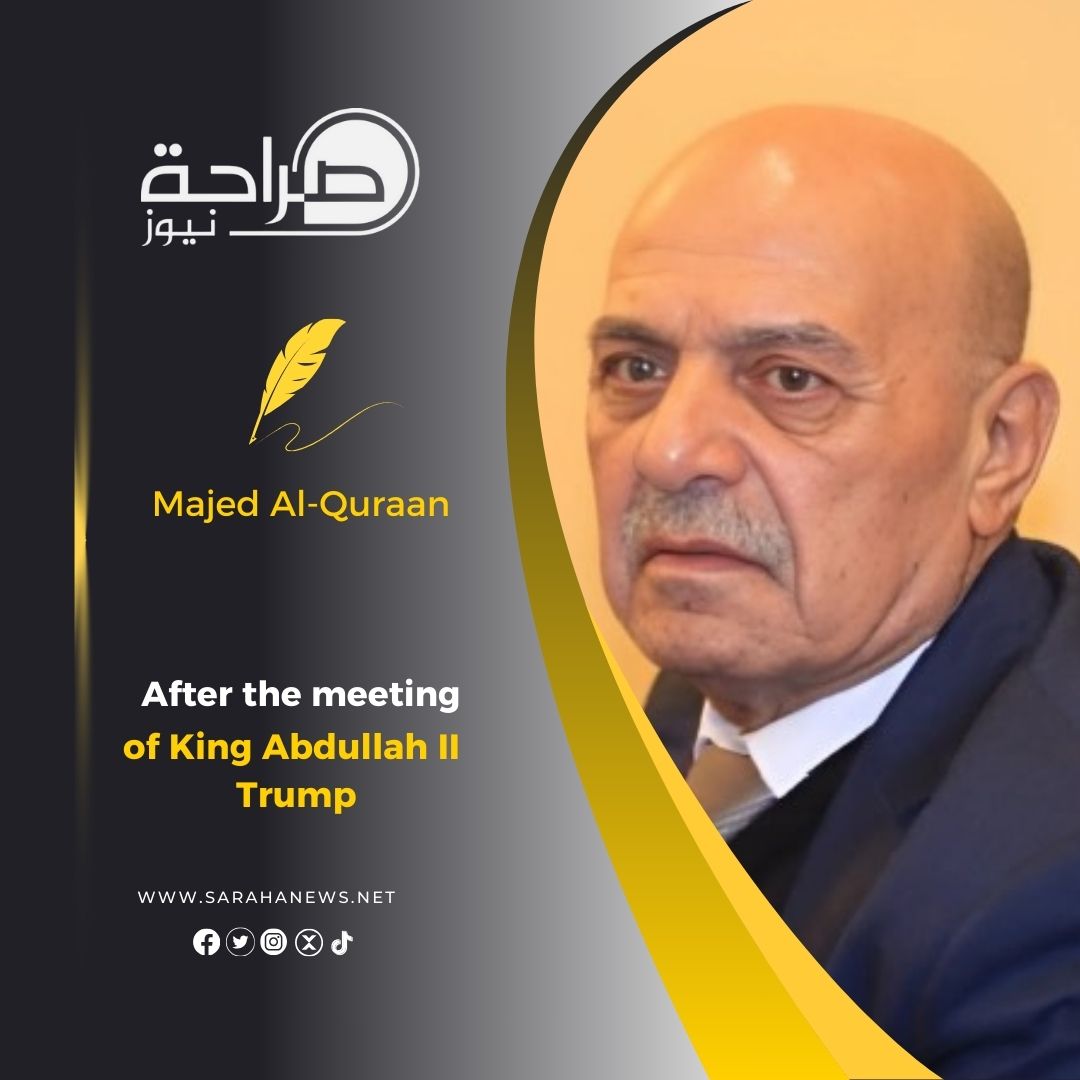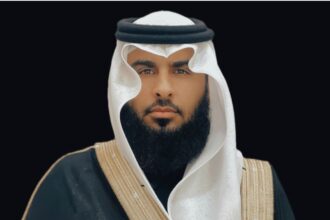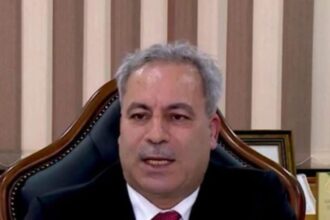Sarha News – Jordan / Majed Al-Quraan
A group of messages emerged as a result of the magnificent popular reception of His Majesty the Leader of the Nation, after his return from his business trip to the United States.
During the visit, the King of Jordan met with many senior American political and economic figures, in addition to holding talks with President Trump
The King’s talks with Trump ended with the US President leaving with a conviction he later expressed that the King of Jordan is a great leader, loyal to his people, and rejects his proposals regarding Gaza in particular, the Palestinian cause and the future of its people
The first of these messages is that Jordan has a very strong people, committed to its system, and standing firmly and strongly behind its leadership. It is a people with a glorious history, as their state entered its second century four years ago, and during which they faced many challenges, and despite the weakness of the capabilities, they emerged from them stronger and more resilient than before.
Secondly, Jordanians, of all origins and backgrounds, are united and ready to face any challenges imposed by the repercussions of the conflict in the region or international developments. They consider their land and leadership to be red lines, for which they would sacrifice their lives.
The third of these messages is that His Majesty the King’s position, which he expressed during his meeting with US President Trump, and which was conveyed by major media outlets without distortion, was a high-level diplomatic position.
The King of Jordan was known as the godfather of diplomacy, as he politely rejected all the proposals of the American president regarding Gaza, the future of its people and the Palestinian cause, as a confident leader.
He stressed: First, the interests of Jordan and its people are above all considerations.
Secondly, the Palestinian issue and the repercussions of the devastating war waged by Israel on Gaza with unlimited support from the United States and its allies are the responsibility of all Western countries. Accordingly, Trump demanded to wait for the Arab response.
King Abdullah II’s personality, which is known to all the world leaders he has met, does not allow for rash actions. In his dealings, he has become accustomed to using the most beautiful and best words to convey his ideas and convictions, which are based on logic, objectivity and mutual respect.
In my estimation, His Majesty, through his courageous diplomacy, was able to put the ball in the court of Arab leaders to confront a new type of challenge that the president of the largest country in the world is trying to impose
In this regard, I liked the speech of Egyptian President Sisi, which can be summarized as saying that he cannot oppose the position of the Egyptian people, who reject Trump’s statements in their entirety regarding Gaza and the Palestinian issue. I believe that this position of the leader of the largest Arab country can be easily built upon by all Arab leaders
It is unfortunate that some Arab politicians consider the United States a bogeyman and believe that the Arabs should submit to its demands without any discussion. But the question that arises is: Have they ever tried, even once, to agree on a position contrary to the wishes of the superpower?
It is internationally known that the Zionists control the decisions of the United States and impose its directions, at the expense of the future of the United States and the well-being of its people and taxpayers.
In my estimation, after His Majesty the King’s courageous confrontation with the president of the largest country in the world, the opportunity has become more available than before for Arab leaders to sit at the table and come out with a unified position that preserves what remains of the nation’s dignity.
As this applies to Arab countries, it also applies to the leaders of Islamic countries, to liberate their national decisions from the dominance of countries controlling their wealth.














